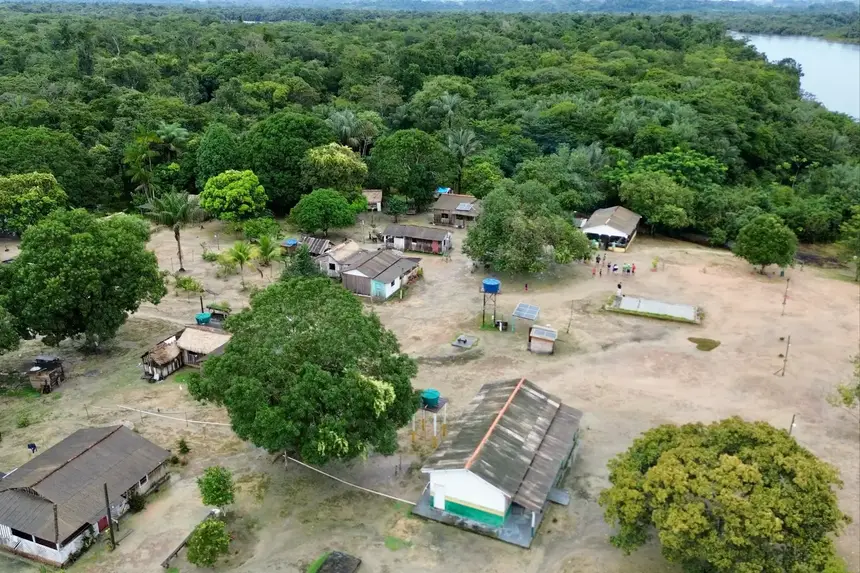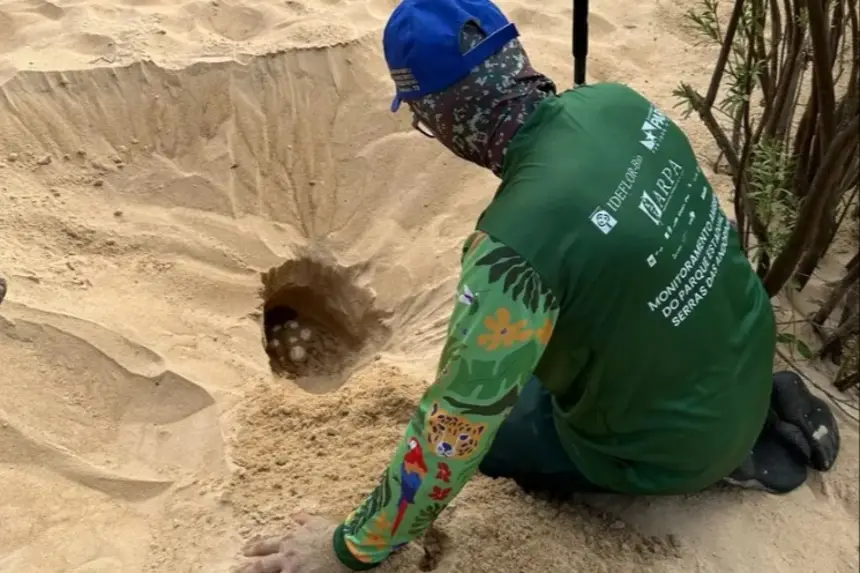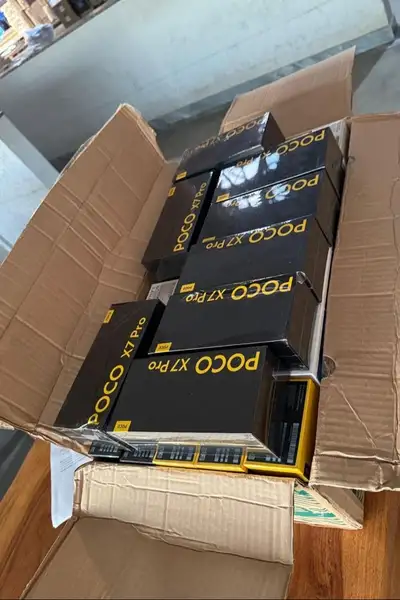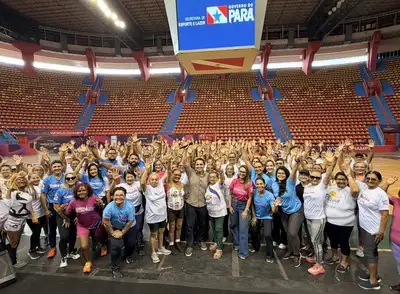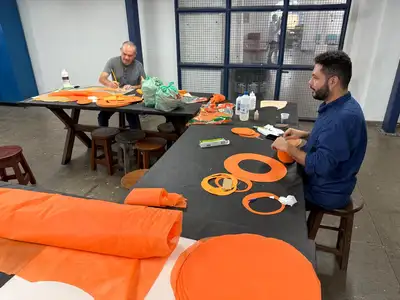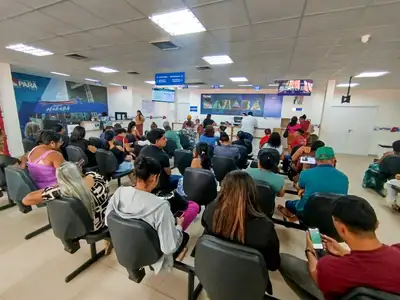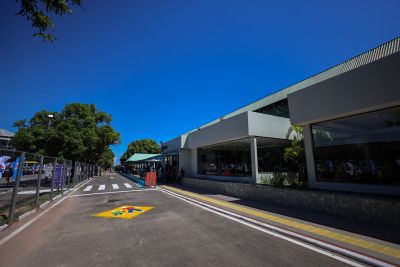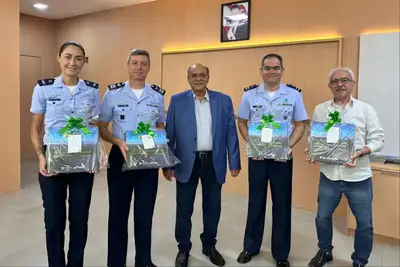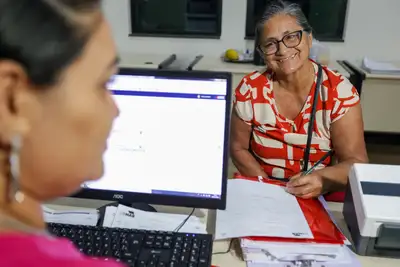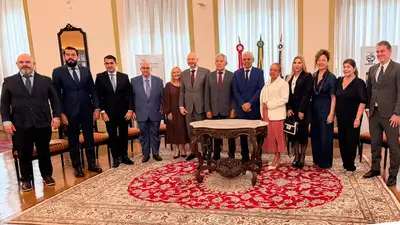Community-Based Tourism Strengthens Conservation in Protected Areas of the State
Activity developed in areas managed by Ideflor-Bio generates income and preserves local knowledge and traditions
On World Tourism Day and National Tourism Professional Day - September 27 - the Institute of Forest Development and Biodiversity of Pará (Ideflor-Bio) emphasized the importance of the activity for the bioeconomy chain, as well as the importance of professionals in the field, who hold knowledge about various regions.
In Pará, the Institute has staff who are tourism professionals and assist the agency in visits to state conservation units. Additionally, Ideflor-Bio works with support from communities in the interior, which develop Community-Based Tourism in different regions of Pará.
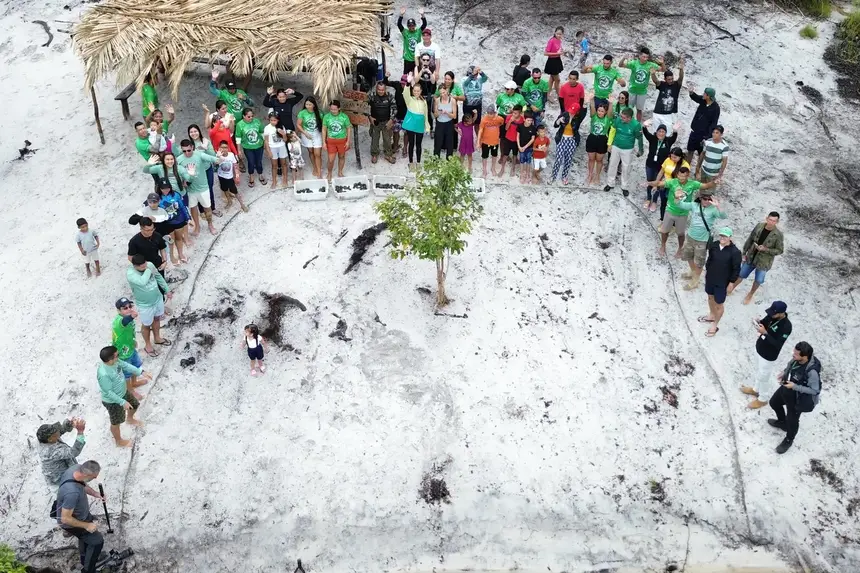
Ways of life and traditions - According to the Planning and Management Analyst in Tourism at Ideflor-Bio, Deoclécio Júnior, Community-Based Tourism benefits residents in various ways, such as strengthening the traditional way of life of these groups.
“Ecotourism, when developed in a participatory manner, generates job and income opportunities, whether in river transport, community lodging, food, or as local guides, production and marketing of handicrafts, valuing traditional knowledge about the forest and its resources. Thus, in addition to financial returns, there is cultural recognition of the daily practices of riverside dwellers, fishermen, and extractivists, strengthening their identity and ensuring a dignified permanence in the territory,” said the analyst.
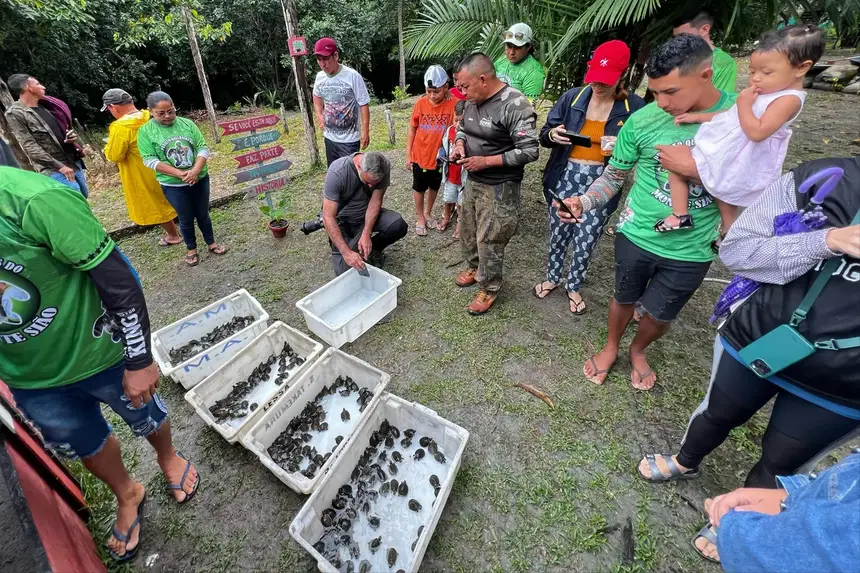
The environmental analyst and tourism professional at Ideflor-Bio, Deiliany Oliveira, emphasized that the activity strengthens the incentive for the sustainable use of natural resources. “As the community depends on conservation to maintain the activity, it becomes a direct ally in the protection of biodiversity. Furthermore, the visitor's responsible contact with the environment generates environmental awareness, encouraging more sustainable practices for both tourists and residents,” she highlighted.
Deiliany Oliveira also stated that it is necessary to train community members for visits to state conservation units where ecotourism occurs. “This training involves everything from customer service, management, and hospitality to environmental and cultural aspects. Additionally, the training boosts self-esteem, values local identity, and expands opportunities for sustainable income generation,” she informed.
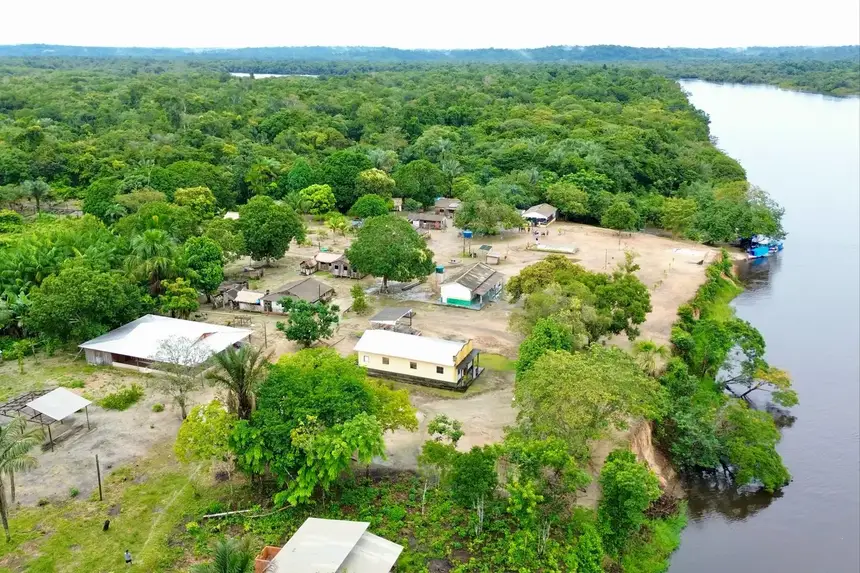
Preservation - In addition to tourism, the activity reinforces the conservation of state units. Deoclécio Júnior emphasized that the activity also mobilizes society for the participatory management of protected areas.
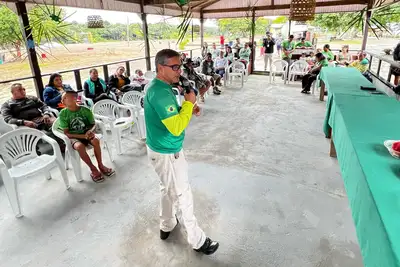
“This brings communities closer to Ideflor-Bio and the governance mechanisms of our conservation units, enhancing and expanding the legitimacy of conservation policies, with the improvement of the quality of life of traditional populations living in the interior of protected areas, through income generation. Thus, this shared and decentralized tourism management model becomes a strategic ally in the protection of biodiversity, reconciling local development with the conservation of the Amazon rainforest in the conservation units of Pará,” he concluded.
Text: Sinval Farias, with supervision by Vinícius Leal - Ascom/Ideflor-Bio


